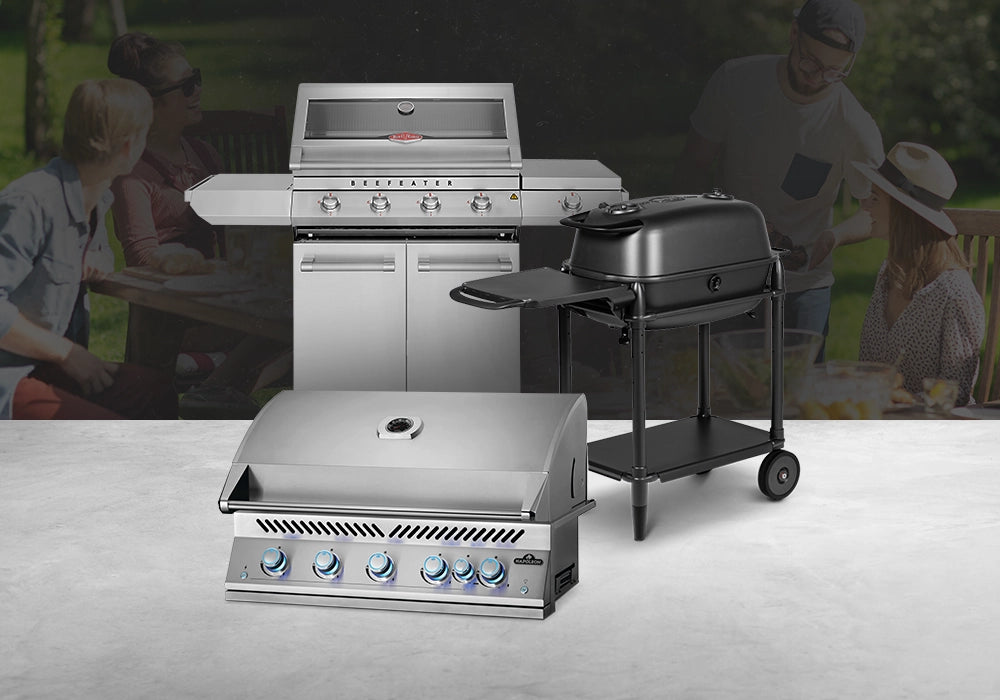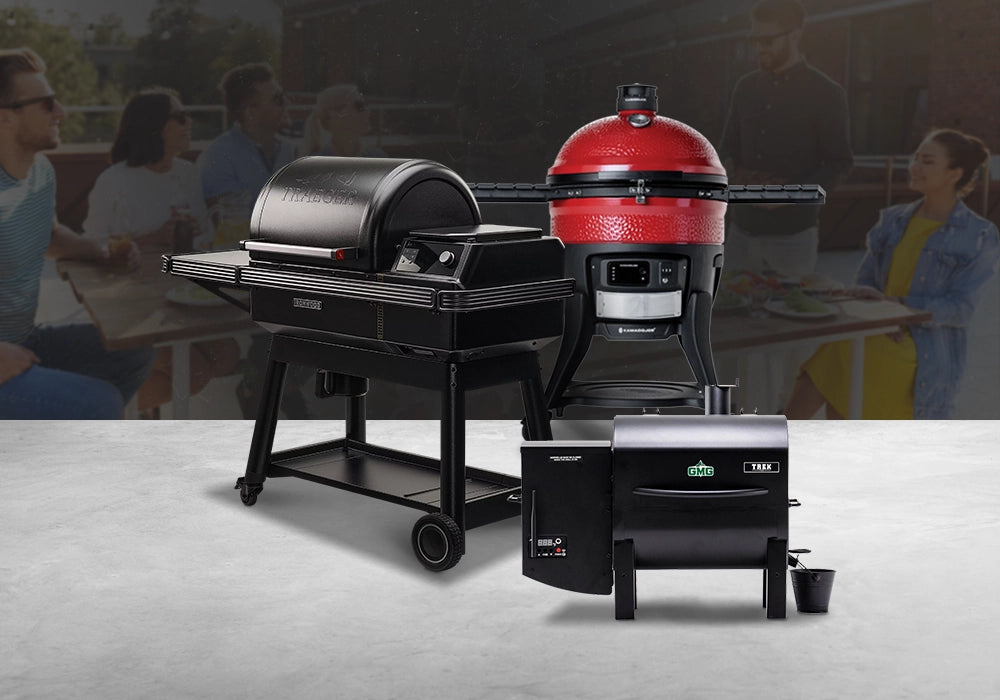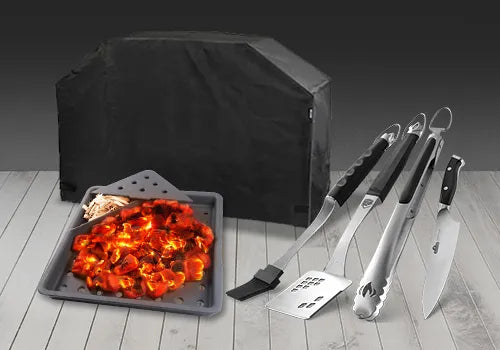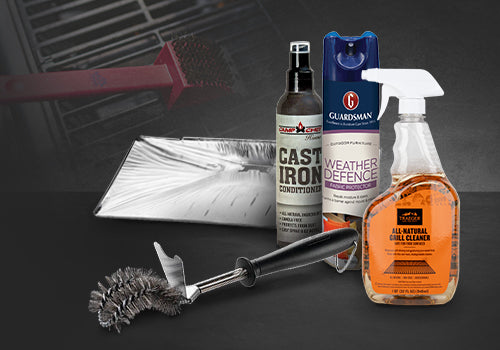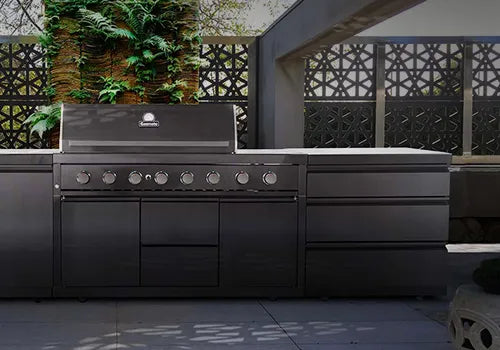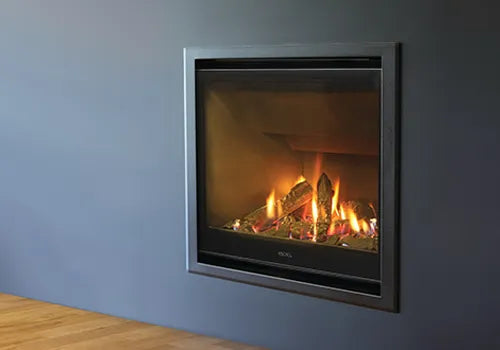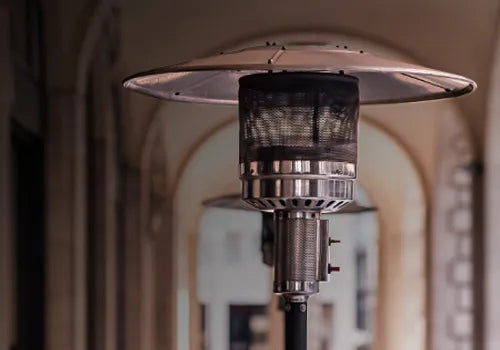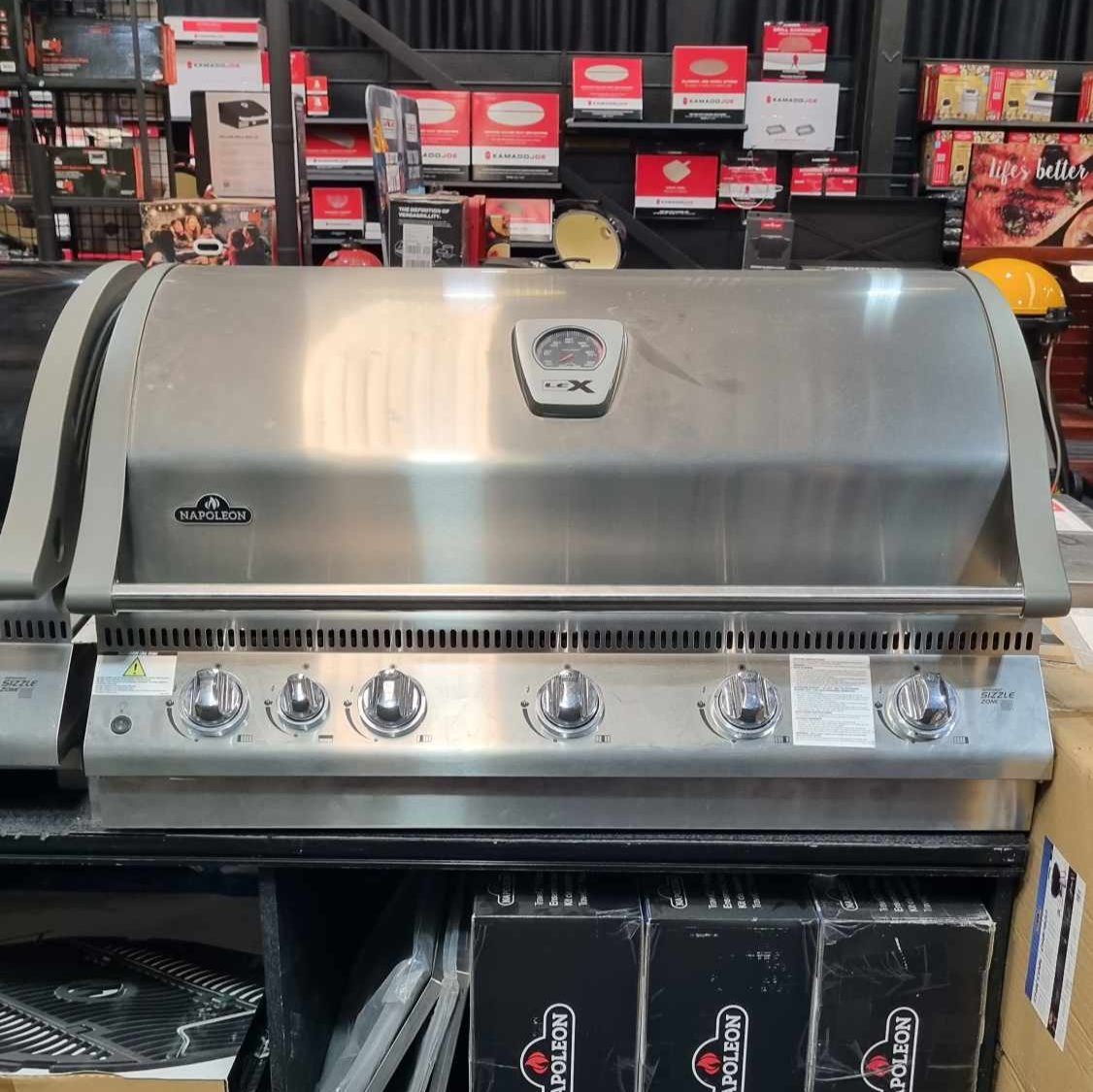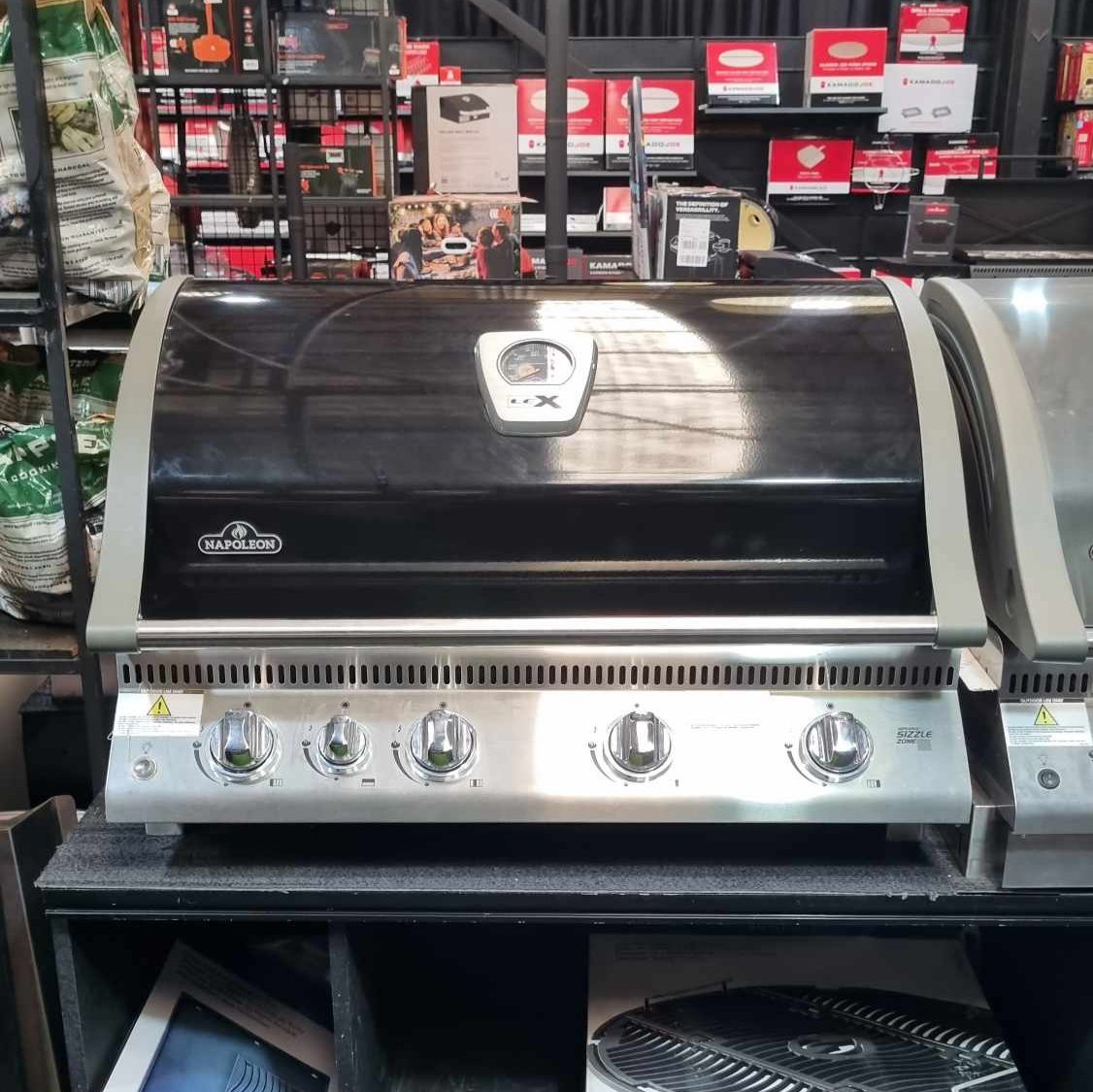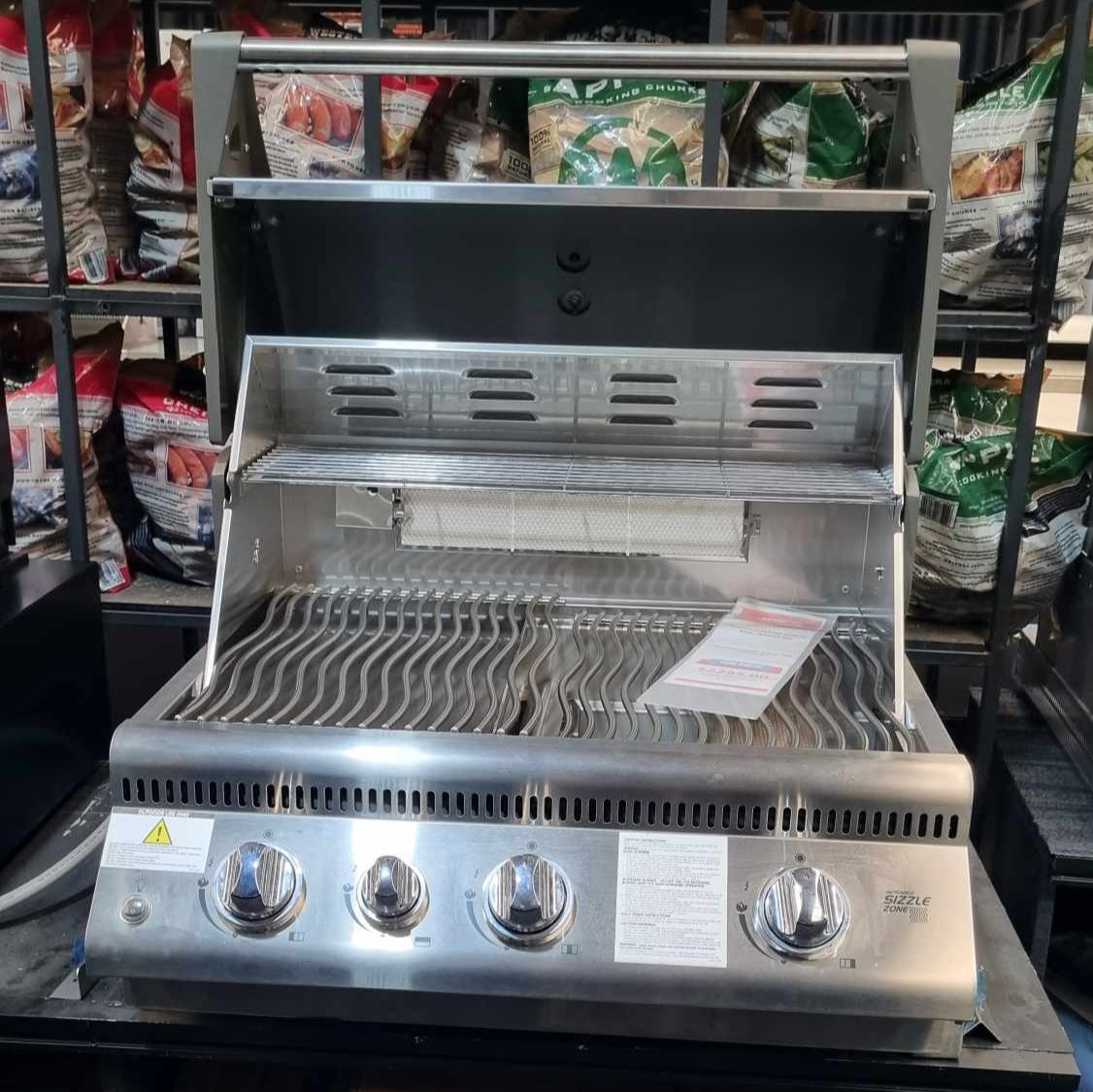
Grill season is upon us, and for many, the debate between stainless steel and cast iron grates is a sizzling one. Both materials offer unique advantages and disadvantages, and the "best" choice ultimately comes down to your individual grilling preferences and priorities. Let's delve into the fiery competition and help you decide which team you're on!
Cast Iron: The Heat Retention Champion
Cast iron holds a legendary status in the grilling world, revered for its exceptional heat retention. This dense material absorbs and distributes heat evenly, creating a consistent cooking surface. This translates to superior searing capabilities, leaving those perfect char marks and locking in the juices of your favorite steaks and burgers. Additionally, cast iron retains heat even after the heat source is turned down, allowing you to finish off delicate foods or keep already cooked items warm.
However, cast iron isn't without its drawbacks. Heating up takes time due to its high thermal mass, requiring patience before you can start grilling. Maintenance is more involved, as cast iron needs to be seasoned regularly with oil to develop and maintain its non-stick properties. Improper seasoning or cleaning can lead to rust, requiring careful handling and storage. Cast iron also tends to be heavier than stainless steel, making it less convenient for moving or cleaning.
Stainless Steel: The Low-Maintenance Contender
Stainless steel offers a sleek, modern aesthetic and boasts superior ease of use and cleaning. Unlike cast iron, it heats up quickly and is generally dishwasher safe, saving you time and effort. Its smooth surface is naturally resistant to sticking, requiring minimal oil for most grilling tasks.
However, stainless steel does have its limitations. Due to its lower heat retention compared to cast iron, achieving those coveted sear marks can be a bit challenging. Additionally, stainless steel is prone to hot and cold spots, which can lead to uneven cooking if not managed carefully. It's also important to note that while stainless steel resists rust, it's not entirely immune, especially in harsher weather conditions.
Beyond the Basics: Other Factors to Consider
The grill master in you should also consider these additional factors:
-
Cooking style: If you frequently sear steaks and burgers, cast iron might be your champion. If you grill a variety of foods, including vegetables and fish, stainless steel's versatility might be more appealing.
-
Budget: Cast iron grates are generally more affordable than high-quality stainless steel options.
-
Availability: Stainless steel grills are more commonly found, while cast iron may require a bit more searching, especially when it comes to specific models.
The Verdict: A Delicious Draw
There's no clear winner in the battle between stainless steel and cast iron. Both offer distinct advantages and cater to different grilling preferences. Ultimately, the best choice depends on your individual needs and priorities. Consider your cooking style, budget, and desired level of maintenance before choosing your team.
Here are some final thoughts:
-
Hybrid grills: Some grills offer the best of both worlds, featuring a combination of cast iron and stainless steel grates. This allows you to enjoy the benefits of both materials depending on your cooking needs.
-
Seasoning and cleaning: Regardless of your choice, remember to follow proper seasoning and cleaning procedures to ensure the longevity and performance of your grill grates.
So, fire up your grill, grab your favorite ingredients, and get ready to enjoy the delicious possibilities, no matter which team you choose!
Get into Joes BBQ 142 Silverwater Road, Silverwater for your next BBQ whether it be cast iron or stainless steel plated.
